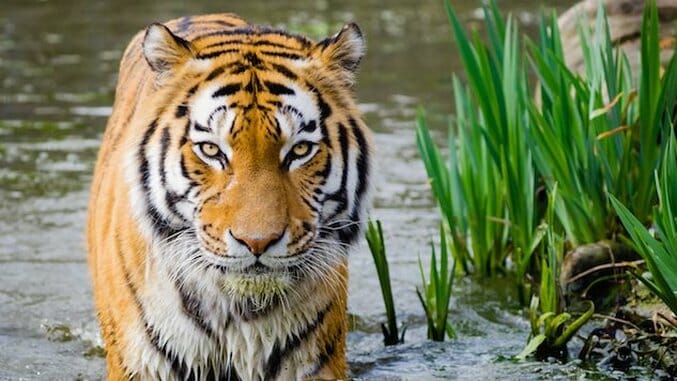EarthRx: How Tigers Will Save Mother India’s Soul

“Wilderness is not a luxury but a necessity of the human spirit, and as vital to our lives as water and good bread. A civilization which destroys what little remains of the wild, the spare, the original, is cutting itself off from its origins and betraying the principle of civilization itself.” – Edward Abbey
Back in 1936, India created its first national park in order to protect the Bengal tiger, one of the most majestic creatures on earth and the national animal of both India and Bangladesh. This year, the country decided to build a superhighway through the middle of the park, The Corbett Tiger Reserve—now home to the highest density of tigers in the world—in order to cut down commute times between two cities by a mere two hours.
While activists quickly put together a Change.org petition that now has more than 25k signatures (and needs yours too), the government is already moving forward with the highway project, according to a recent article on environmental news site Mongabay.
-

-

-

-

-

-

-

-

-

-

-

-

-

-

-

-

-

-

-

-

-

-

-

-

-

-

-

-

-

-

-

-

-

-

-

-

-

-

-

-








































